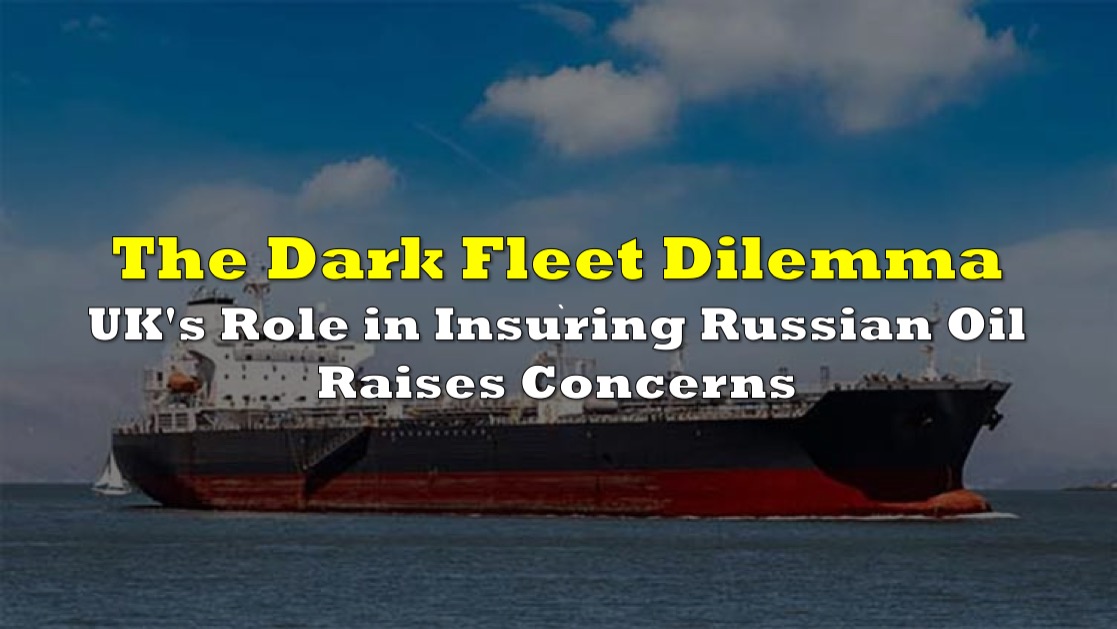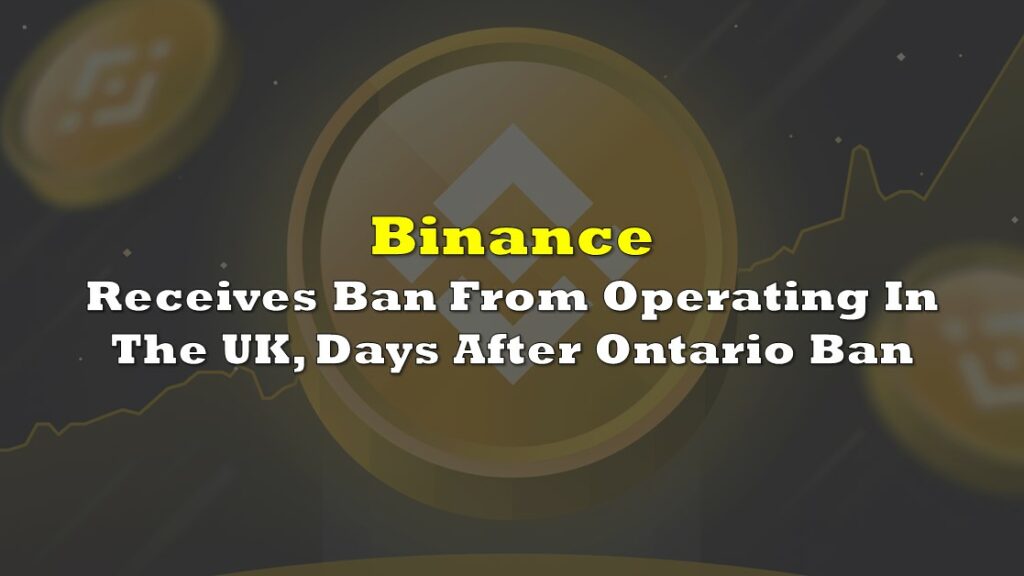A thread on social media sheds light on the mysterious world of the “dark fleet,” a network of ships carrying Russian oil that plays a crucial role in financing Vladimir Putin’s war in Ukraine. As these vessels sail perilously close to the English coast on a daily basis, questions about their ownership, insurance, and the role of London-based entities in facilitating this trade have come to the forefront.
Magnus, a ship currently entering the English Channel, epitomizes the secrecy surrounding the dark fleet. Despite sailing under the flag of Liberia, it is suspected that the ship was not built nor has it ever docked there. What is known is that Magnus, like nearly 600 other dark fleet ships, is transporting hundreds of thousands of barrels of Russian oil, a trade directly linked to funding Putin’s war efforts.
A short thread about a ship: this is Magnus, currently entering the English Channel off the Kent coast. There is a lot we don't know about Magnus… pic.twitter.com/46rXHTUnnR
— Will Dunn (@willydunn) January 20, 2024
The city of London, home to shipbrokers, lawyers, and insurers, has played a pivotal role in the emergence of the dark fleet. Exclusive data shared with the New Statesman reveals that UK-based Protection and Indemnity (P&I) clubs have insured more than €120bn in Russian oil and oil products since the invasion of Ukraine. The UK has become the world’s largest insurer of shipborne Russian oil, contributing to a third of Russia’s ocean-going energy exports by volume since sanctions were imposed in 2022.
While there is no suggestion of illegal activities, some UK insurers are handling a significant portion of Russian oil shipments. The West of England P&I Club, for instance, has insured over €20bn in Russian oil since the onset of the conflict. The NorthStandard P&I Club transported €1.2bn in Russian crude and oil products in November alone.
The Centre for Research on Energy and Clean Air (CREA) points out that attestations, guarantees provided by shipping companies that the oil was purchased below G7-sanctioned price caps, are often unreliable. This raises concerns about the enforcement of sanctions, as evidenced by Michelle Wiese Bockmann’s tracking of 300 tankers that claimed to have purchased Russian oil below the price cap despite market prices indicating otherwise.
The involvement of London-based entities extends beyond insurers to include law firms and brokers. Affinity Shipping’s managing partner, Richard Fulford-Smith, has expressed concerns about the sale of old tankers at inflated prices to new companies in Dubai or Hong Kong, facilitating the dark fleet’s growth.
In Parliament, only Conservative MP Sally-Ann Hart has raised concerns about the risk of a Russian tanker spilling oil off the coast of Kent or Sussex. However, the UK government has yet to take decisive action to address the increased risk posed by the dark fleet.
The consequences of this trade go beyond geopolitical concerns, raising environmental risks. Dark fleet vessels engage in risky practices, such as turning off transponders, increasing the likelihood of accidents. If one of these ships were to run aground or collide with another vessel, the cleanup costs could be astronomical, with no clear entity to foot the bill.
Information for this story was found via The New Statesman and the sources mentioned. The author has no securities or affiliations related to this organization. Not a recommendation to buy or sell. Always do additional research and consult a professional before purchasing a security. The author holds no licenses.









